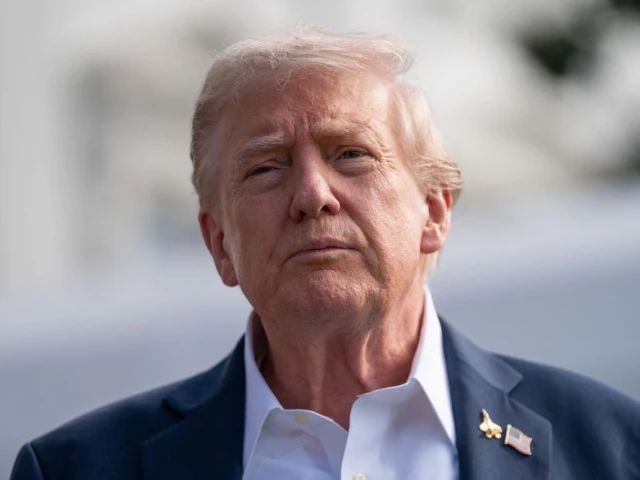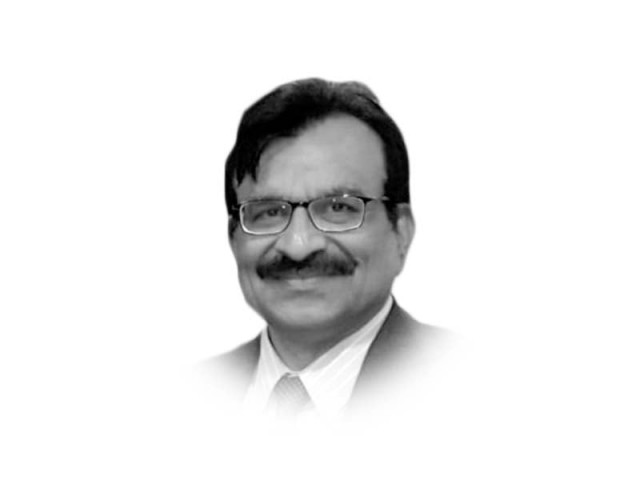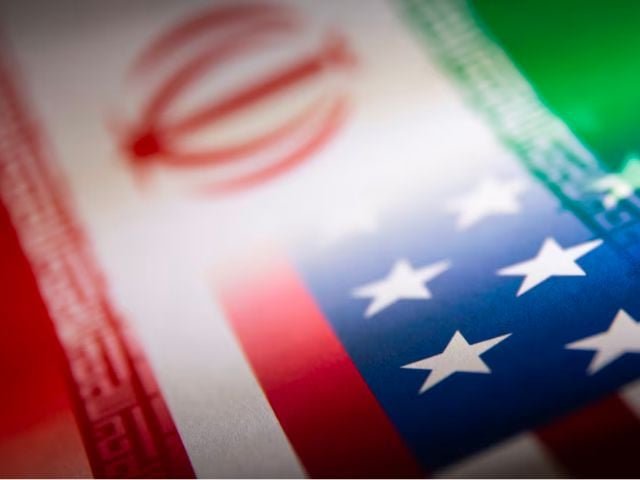The Nobel Prize Decision: A Look at the Reactions
The world was buzzing on Friday as the Nobel Prize committee announced its winner for the Peace Prize this year. Instead of the anticipated award going to former President Donald Trump, it was awarded to Venezuela’s Maria Corina Machado, a staunch defender of freedom against authoritarianism. This decision sparked a variety of reactions from political figures and commentators alike.
The White House took a notable stance, with spokesman Steven Cheung expressing disappointment. He highlighted Trump’s ongoing efforts in international diplomacy, suggesting that the president’s role in brokering ceasefire deals should not be overlooked. In a post on X, he said, “President Trump will continue making peace deals, ending wars, and saving lives. He has the heart of a humanitarian.” It’s interesting to see how the White House framed this as a matter of prioritizing politics over genuine peace.
This year’s Peace Prize was awarded to Machado for her unwavering courage in challenging authoritarian leadership in Venezuela. Her work has been crucial in rallying support for democracy and social justice, things that many see as vital for the future of her country. The Nobel committee’s choice reflects a broader commitment to endorsing figures who truly advocate for human rights, despite any criticisms aimed at the selection process.
Trump had actively campaigned for the Nobel Prize, even announcing a ceasefire deal to end the conflict in Gaza just days before the announcement. It’s clear he was eager for validation on the international stage. However, even though he had expressed expectations of being overlooked—saying that it would be a "big insult" to the U.S. if he didn’t win—the disappointment from his camp was palpable.
In the larger context, this decision has reignited discussions about who should be considered worthy of such international accolades. Is it more about tangible success in peace efforts or the moral courage to stand up against tyranny? This is a question many are asking as we dissect the motivations and implications behind the Nobel Prize.
As this story continues to unfold, it serves as a reminder of the complex relationship between politics, peace, and how we measure greatness on a global scale. If you’re interested in diving deeper into similar topics and discussions about global matters and their impact on our lives, consider connecting with Pro21st. It’s a platform where meaningful conversations thrive, and we’d love to hear your thoughts!





